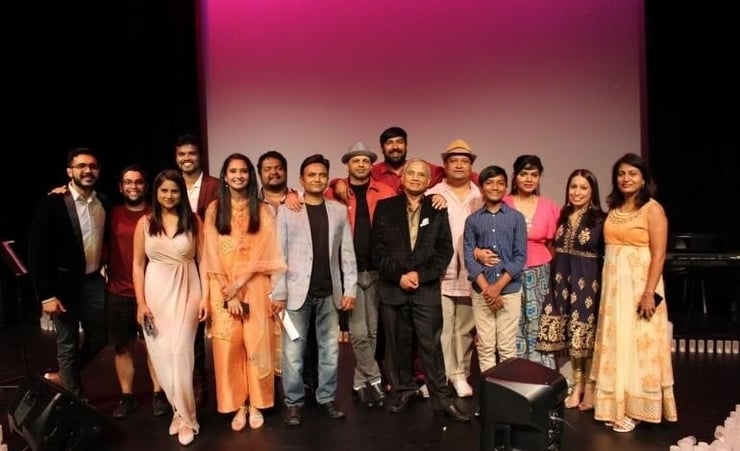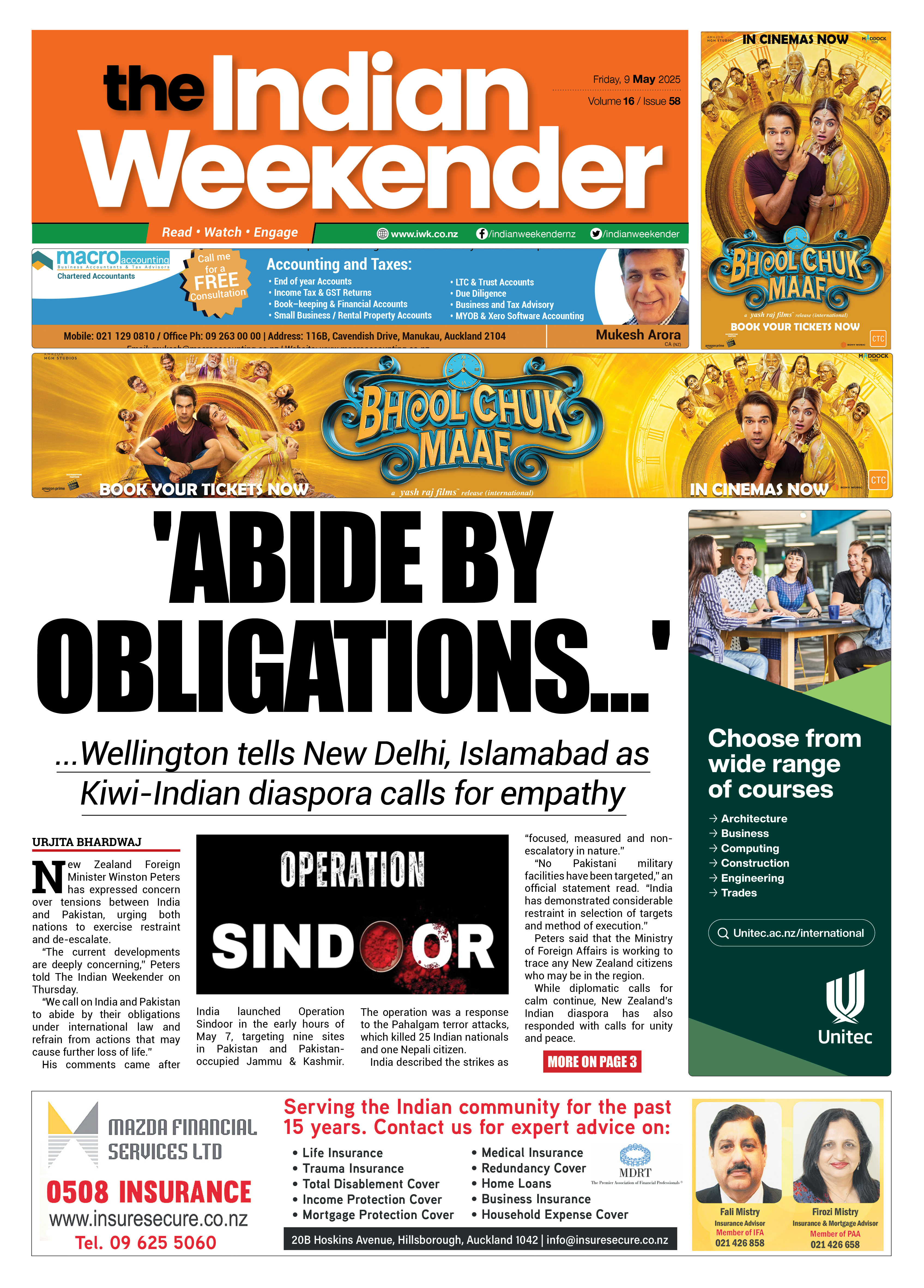Candlelight Classics breaks welcome new ground

One hopes last weekend’s Candlelight Classics turns out a harbinger of an engaging events season after a two-year hiatus. Even as organisers are reluctant to host events notwithstanding Orange Light rules permitting them to do so, it was wonderful that the Candlelight Classics team put up the show across two nights (this review is of the second night).
Basking in the calming orange glow of a hundred and more candles (nothing to do with the Orange Light, I’m sure), six of Auckland’s gifted singers regaled a small audience in an intimate setting at the Tapac theatrette with songs old and new in an innovative format of presentation.
Musical events on the Kiwi-Indian event calendar tend to follow more or less a standard format revolving around a single theme – usually a singer, actor, a music composer or an era. Rarely do producers veer away from this well-worn formula.
Candlelight Classics was different. The brainchild of talented singer Ashish Ramakrishnan and event organiser Jayesh Bateriwala, the event broke new ground at several levels. Both Bateriwala and Ramakrishnan spoke about the genesis of the show (the latter via video from India). The show broke new groundin several ways.
For one, it was restricted to an intimate setting with no more than a hundred-odd audience. The setting was bathed in candlelight, creating a warm and welcoming, close-knit ambience. The ticket came with a food pack, and you could buy drinks to take with you into the theatre.
However, what was truly innovative was the creative presentation of the fare. Broken up into loosely themed segments, the format helped focus on individual singers, giving each of them an extended opportunity while on stage to bring forth to the audience their oeuvre, their range of talent for different genres of songs.
It was a delight to watch each one of them excel in the exploration of the range of songs they essayed. From the well-established and experienced Vidya Teke, Hemant Shirsat and Guncha Singh to the superbly talented Ankita Ghatani and Neel Patel – every one of them shone in their musical incandescence. Arpita Chanda’s couple of brief rhythmless numbers brought in an interesting change of pace.
The role of accompanists in any musical presentation ought never to be understated. The complement of Auckland’s finest accompanists comprising the redoubtable Hemant Thacker on keys along with Cloyd D’Mello; the nimble-fingered Navneel Prasad on acoustic percussions (tabla/dholak); the electronic rhythms wizard Aarad and the violinist-guitarist Don Dilantha, created an incredibly rich soundscape, adding immensely to the intimate atmosphere.
Sound Engineer Chaitanya Rajapurkar’s sound was well-balanced especially for the small confines of the theatrette and a relatively wide range of accompanying instruments. The balancing was excellent enough to differentiate starkly, at least for this reviewer, between the sounds of acoustic and electronic instruments. Navneel Prasad’s exquisite rhythmic ornamentation, especially his soft-wristed caressing of the baya, his vocalisation of a bol in mohe rang do laal and violinist-guitarist Don Dilantha’s interludes were simply exceptional. It is no wonder that these two acoustic artistes received lusty applause from the audience.
Still on sound, what was somewhat inexplicable to this reviewer was the overuse of the reverb to a point that it distracted listening. Also, this reviewer felt that the selection of numbers could have been a bit more varied and eclectic, especially in the first half of the concert, rather than a preponderance of avant garde style numbers.
The singers’ and musicians’ collective finale delivered with great finesse was the highlight of the evening with the audience joining in enthusiastically, ending in a crescendo and a standing ovation.



